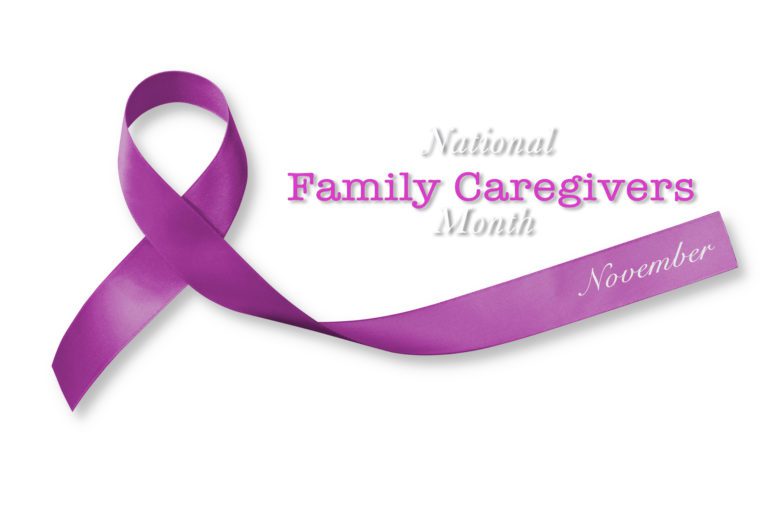In today’s fast-paced world, it’s easy to overlook the value of forming connections close to home. However, these connections play a crucial role in our well-being and sense of community. Whether you’re looking to build a support system, find new friends, or simply feel more connected to your surroundings, making connections close to home is essential. In this article, we’ll explore five practical tips to help you foster meaningful connections right in your own neighborhood.
Table of Contents
- Tip 1: Attend Local Events
- Tip 2: Join Community Groups
- Tip 3: Volunteer in Your Neighborhood
- Tip 4: Support Local Businesses
- Tip 5: Get Involved in Neighborhood Initiatives
- Conclusion
Tip 1: Attend Local Events
One of the easiest ways to connect with others in your area is by attending local events. From farmers’ markets to street fairs to community picnics, these gatherings provide opportunities to meet new people and engage in shared experiences. Keep an eye out for event listings in your town or city, and don’t hesitate to attend events that pique your interest. Whether you’re passionate about art, music, or food, there’s bound to be an event that aligns with your interests.
Learn More: Reducing Risk of Liver Disease for Seniors
Tip 2: Join Community Groups
Community groups offer another avenue for building connections close to home. Whether it’s a book club, a gardening association, or a neighborhood watch group, joining a community organization can introduce you to like-minded individuals who share your interests and values. Many communities have online platforms or bulletin boards where you can find information about local groups and their activities. Don’t be afraid to reach out and get involved—it’s a great way to meet new people and contribute to your community.
Tip 3: Volunteer in Your Neighborhood
Volunteering is not only a selfless act but also a powerful way to connect with others in your neighborhood. Whether you’re cleaning up a local park, serving meals at a soup kitchen, or tutoring students at a nearby school, volunteering allows you to make a positive impact while also forming meaningful connections with fellow volunteers and community members. Look for volunteer opportunities through local nonprofits, religious organizations, or community centers, and find a cause that resonates with you.
Learn More: What To Do When Your Elderly Parent Keeps Falling
Tip 4: Support Local Businesses
Supporting local businesses is not only good for the economy but also for building connections within your community. Whether it’s grabbing a cup of coffee at the neighborhood cafe, shopping at the local bookstore, or dining at a family-owned restaurant, patronizing local businesses allows you to interact with business owners and employees who are invested in the community. Strike up conversations, ask about their story, and show your support—it’s a simple yet effective way to forge connections close to home.
Tip 5: Get Involved in Neighborhood Initiatives
Neighborhood initiatives, such as community clean-up projects, neighborhood watch programs, or block parties, offer opportunities to connect with your neighbors and strengthen the bonds within your community. Consider joining or organizing initiatives that bring people together to address common concerns or celebrate shared interests. Whether it’s organizing a neighborhood potluck or collaborating on a beautification project, getting involved in neighborhood initiatives can help you feel more connected and invested in your community.
Conclusion
In conclusion, making connections close to home is essential for our well-being and sense of belonging. By attending local events, joining community groups, volunteering in your neighborhood, supporting local businesses, and getting involved in neighborhood initiatives, you can foster meaningful connections with those around you and build a stronger sense of community. So take the time to engage with your neighbors, support local endeavors, and invest in the place you call home—you’ll be rewarded with deeper connections and a greater sense of belonging.







